According to the leader of Ho Chi Minh City National University, in the context of applying the 2018 General Education Program, the structure of the exam and the competency assessment test from 2025 need to be adjusted appropriately.
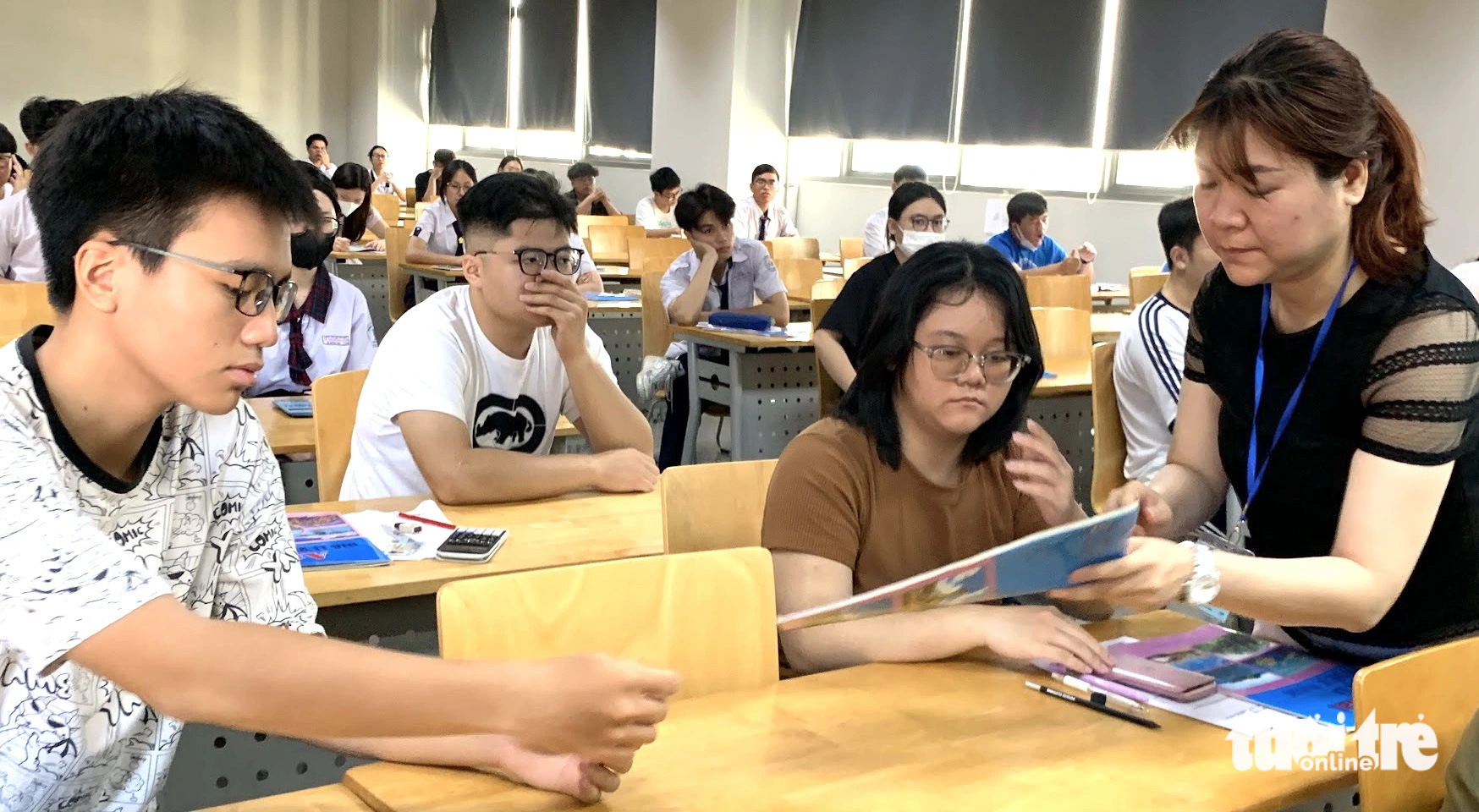
Candidates taking the 2024 Ho Chi Minh City National University's capacity assessment exam - Photo: TRAN HUYNH
Information about changes in the structure of the Ho Chi Minh City National University's aptitude test (V-ACT) is of interest to many candidates.
Why should we adjust the competency assessment test?
Speaking to Tuoi Tre Online , Dr. Nguyen Quoc Chinh - Director of the Center for Testing and Assessment of Training Quality of Ho Chi Minh City National University - said that in recent years, the V-ACT exam has assessed the core competencies of candidates for university study.
Through this exam, Ho Chi Minh City National University sends a message to high school candidates about how they must study to meet the requirements of university study. Therefore, the V-ACT test demonstrates high value and reliability.
"The V-ACT exam has a very high stability, helping schools use good entrance exam results, especially good candidates with high quality, helping the exam to develop strongly. However, in the context of students studying under the 2018 general education program, the structure of the V-ACT 2025 exam needs to be adjusted appropriately," said Mr. Chinh.
From 2024, all levels of general education will follow the 2018 General Education Program, with a focus on greater flexibility and allowing students to choose more subjects.
Candidates can choose one of 26 subject combinations completely freely, without any constraints. According to the survey results, students in Ho Chi Minh City as well as students across the country have a very diverse way of choosing subject combinations.
"Thus, the fact that students study math, physics, chemistry or physics, chemistry, biology at the same time is extremely rare, but spread across all subjects. This leads to the problem that the competency assessment test needs to be changed to meet the requirements: first, accurately assess the candidate's ability; second, ensure fair access to university education for all candidates," Mr. Chinh emphasized.
The exam adjusted the problem solving part of the scientific thinking component.
Mr. Chinh also said that since 2022, the Center for Testing and Training Quality Assessment has coordinated with experts to prepare very carefully and finally come up with the most suitable plan to adjust the exam.
Previously, the exam assessed language skills, mathematical ability, data analysis and problem solving. Problem-solving questions covered areas such as chemistry, physics, biology, history and geography.
Now, if the exam is applied in 2025, it will cause difficulties for many candidates, because many of them do not study all 5 subjects and have a wide choice.
Therefore, experts have advised and proposed to adjust the problem solving part of scientific thinking. In which, it will evaluate logical problems, analyze data and scientific reasoning.
The problems raised here are not specialized in physics, chemistry, biology, history, geography, but will be practical problems, problems about science, technology, society, economics , and law.
"Thus, all candidates do not necessarily have to study in-depth physics, chemistry, biology, history, geography, etc., but can still use their reasoning and scientific thinking skills to do the test. This is also a similar approach to international standardized tests such as SAT (USA), Psychometric Entrance Test (Israel), General Aptitude Test (Thailand)," said Mr. Chinh.
The test assesses basic abilities, not in depth.
Previously, the V-ACT test was somewhat similar to the ACT (USA), having both a general and a specialized part on subjects. However, from 2025, the adjusted test will be more SAT-like, assessing the most basic abilities, especially the scientific thinking ability necessary for all candidates.
Ho Chi Minh City National University maintains the structure of the language and mathematics sections, while increasing the number of questions in these two sections to increase the reliability and discrimination of the test.
The logic - data analysis and problem solving section is restructured into a scientific thinking section to assess candidates' ability in logic and scientific reasoning when solving real-life situations in the fields of science, technology, economics and society.
The questions in the scientific thinking group are the difference. This part includes scientific, social, technological, and life issues, not specific knowledge of physics, chemistry, biology, history, geography, economic education, and law.
The questions provide complete information in the form of figures, facts, formulas, definitions, processes and experimental results. Candidates rely on logical thinking and scientific reasoning to find the rules and solutions.
"The test provides sufficient information and data to ensure that candidates can complete the test. Candidates use the data provided in the test to deduce rules and solve problems. This does not require candidates to study subjects in depth but must rely on reading comprehension and reasoning skills," Mr. Chinh added.
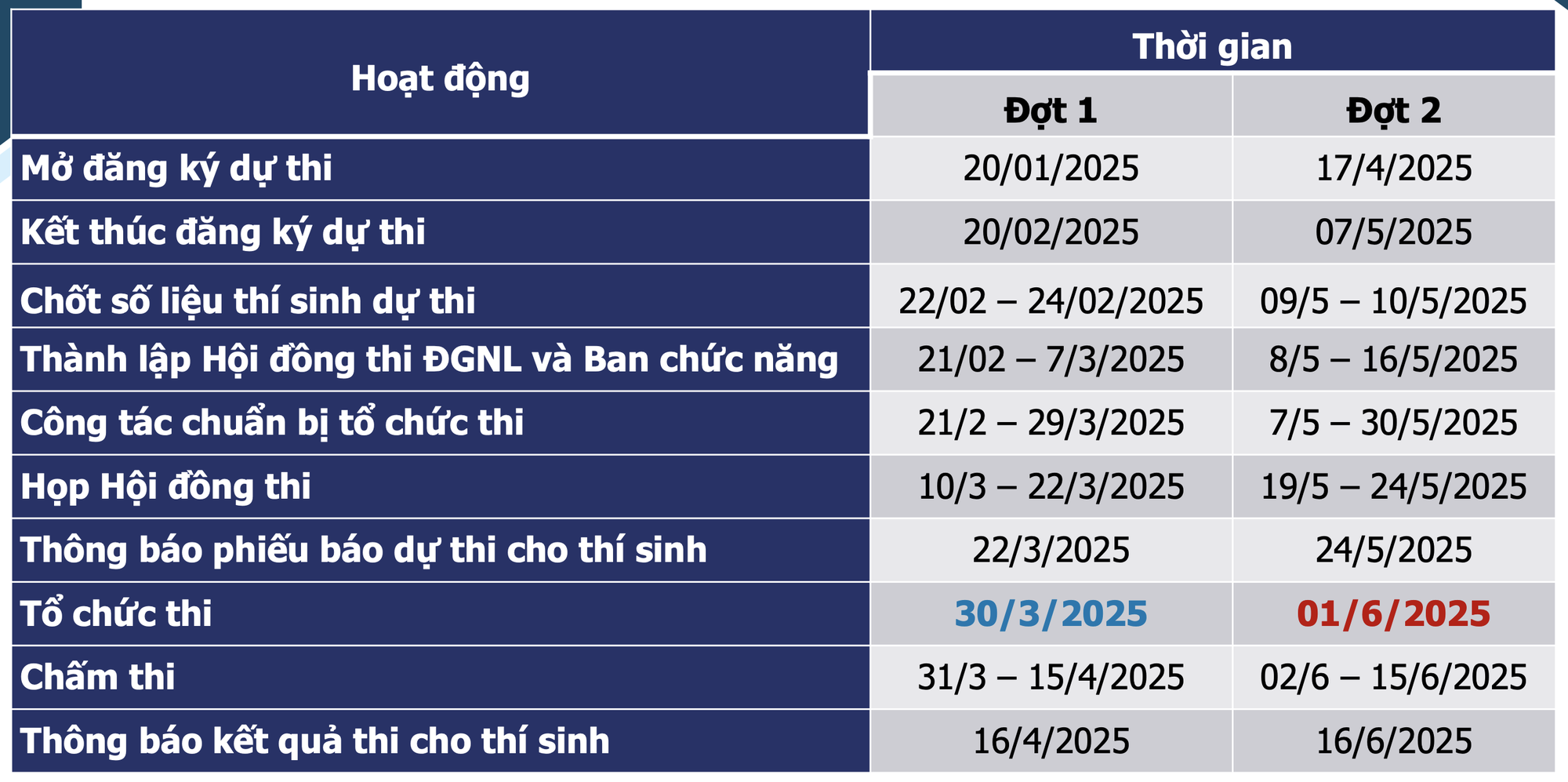
V-ACT Exam Dates 2025
Source: https://tuoitre.vn/dai-hoc-quoc-gia-tphcm-tiet-lo-thay-doi-de-thi-danh-gia-nang-luc-2025-20241227123857354.htm



![[Photo] Keep your warehouse safe in all situations](https://vphoto.vietnam.vn/thumb/1200x675/vietnam/resource/IMAGE/2025/10/1/3eb4eceafe68497989865e7faa4e4d0e)
![[Photo] Hanoi morning of October 1: Prolonged flooding, people wade to work](https://vphoto.vietnam.vn/thumb/1200x675/vietnam/resource/IMAGE/2025/10/1/189be28938e3493fa26b2938efa2059e)
![[Photo] President of the Cuban National Assembly visits President Ho Chi Minh's Mausoleum](https://vphoto.vietnam.vn/thumb/1200x675/vietnam/resource/IMAGE/2025/10/1/39f1142310fc4dae9e3de4fcc9ac2ed0)








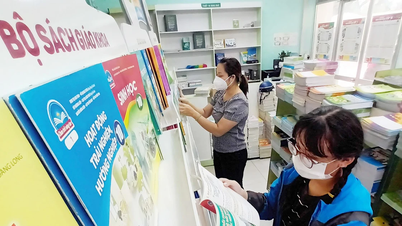



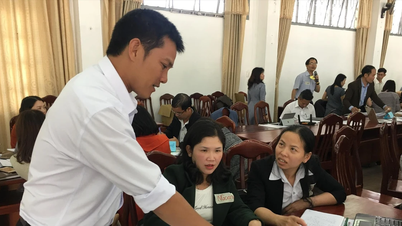



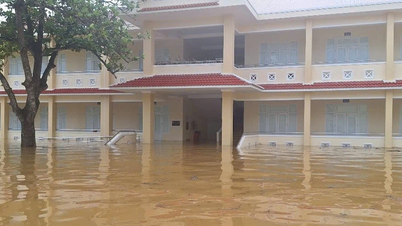

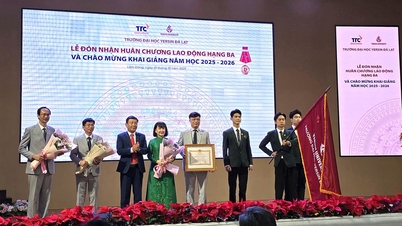







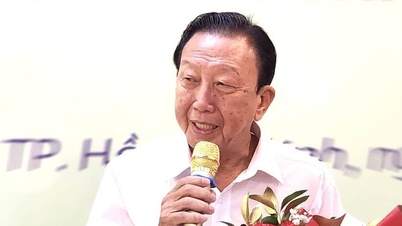



































































Comment (0)